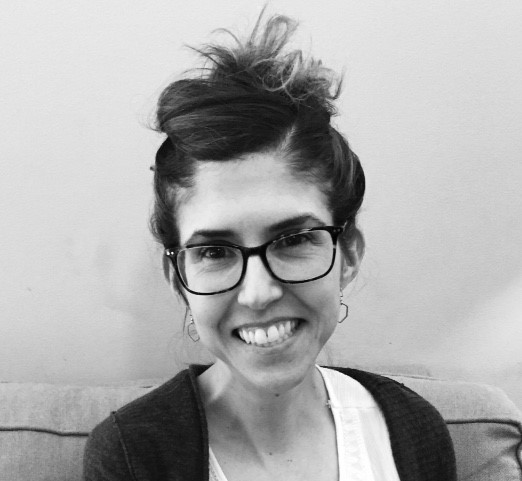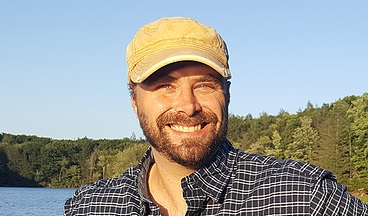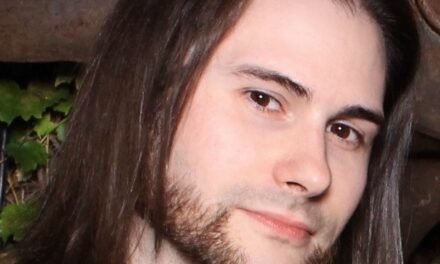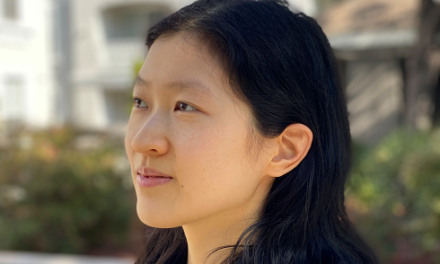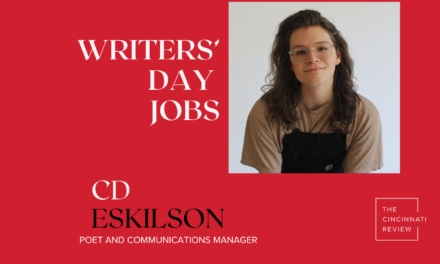Managing Editor Lisa Ampleman: In our latest installment of our Writers’ Day Jobs series, we feature Joanna Pearson, a psychiatrist and fiction writer. Her story “The Films of Roman Polanski” appeared in our Issue 16.1, and since it had some eerie parallels with a piece of literary nonfiction in that issue (references to the devil and the foster-care system), we included on our blog a set of conversations with her and Jillian Weiss, the essay writer. (Read those conversations here and here.) AND her debut book of short stories was published by our book-publishing arm, Acre Books! We’re glad to have Pearson’s contribution to the blog again, this time about her nonwriting career:
How would you describe what you do for your day job?
I’m a psychiatrist. (And forgive me for offering what is possibly over-explanation, but I often find that people—and almost every television show or movie!—get totally confused on this: psychiatrists are medical doctors, whereas psychologists have typically completed PhDs. So I went to medical school first, and then completed my psychiatry training.) These days I work in an outpatient group practice with several other psychiatrists as well as a number of psychologists and therapists. I get to do a nice mix of med management and therapy.
What do you enjoy about that job, and what are some of its detractions?
People can be really interesting! This is the secret most writers (and psychiatrists) already know. It’s also wonderful to see someone who has been suffering begin to thrive. The work, especially when it’s going well, provides this unique connection—a relationship that’s intimate but also very boundaried, unlike any other relationships one would have in the outside world. I enjoy the narrative aspect of the clinical encounter, but I also find the practical puzzle-work of pharmacotherapy satisfying.
When it’s hard, though . . . it’s hard. My day job can take a lot out of me. I’m also a little envious of those who are on an academic calendar and might have flexibility during the summer. To borrow and corrupt Wordsworth, I don’t feel I ever have quite enough opportunity to recollect in tranquility.
How, if at all, does your day job inform—or relate to—your writing life?
My day job involves a lot of thinking about how and why people are what they are, their motivations and desires, what they do, and the life events they’ve experienced. . . . The connections between this and writing are almost so obvious that I feel a need to declare very loudly: I don’t write about my patients, not even in a de-identified way! But in the indirect way that everything we live and do and encounter gets metabolized into our fiction, I’ve no doubt that my day job seeps into my writing.
Real life is messy, though, whereas stories (I think) require a shape. I love that—it’s the fun part. In fiction every single moment bears weight and potential symbolism, every detail chosen for a reason. In my day job, well . . . sometimes a cigar is just a cigar. (This is by now basically a bad-dad-joke-on-a-coffee-mug used by a cartoon-psychiatrist, and I can’t believe I’m using it—winkingly—here. But, hey, it works.)
What creative projects are you working on right now?
I’m working on a linked-short-story project (or possibly a weird novel?) set in 2019/1999 about late ‘90s evangelism/prosperity gospel, internet conspiracy theories, a western North Carolina cult, and the murder of a college student, among other things.
Joanna Pearson‘s second short story collection, Now You Know It All, was chosen by Edward P. Jones for the 2021 Drue Heinz Literature Prize and is forthcoming with University of Pittsburgh Press in October. Her first collection of short stories, Every Human Love (Acre Books, 2019), was a finalist for the Shirley Jackson Awards, the Foreword Indies Awards, and the Janet Heidinger Kafka Prize for Fiction.

